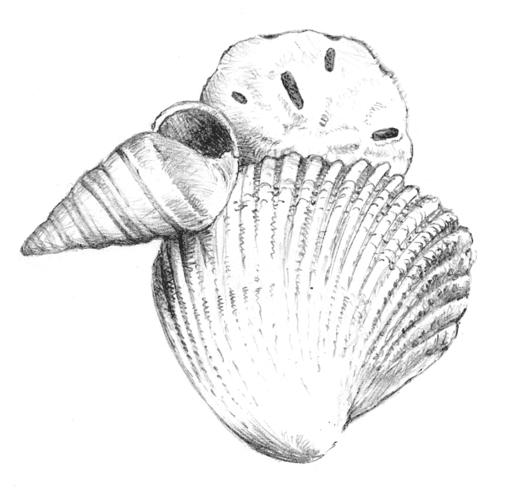Shell Collecting Tips
This is Passport to Texas
Nobody thinks twice about collecting shells from the beach. But I started to wonder if it’s really okay since beaches are public land.
It’s okay to collect shells. The ones that are broken and come apart, they create the sand that’s out there, but there is no law against it [collecting].
Paul Hammerschmidt is a lifelong shell collector, and former coastal fisheries biologist with Texas Parks and Wildlife. He says collect responsibly to avoid creating problems for the environment or marine animals.
I highly recommend that you only take shells that are from dead animals—not live animals.
How can you determine if something is still alive? In the case of the popular sand dollar, small spines cover the shells of living animals…so look for smooth, spineless shells. If, like me, you’ve never found a sand dollar on the beach—there’s good reason for it.
I think it’s because everybody wants to get a sand dollar. And, too, they’re another very fragile shell. And when the waves are strong, they’ll get broken up, and you’ll just see fragments of them. A lot of times, the best time to find a sand dollar, is after a storm—and then very early in the morning—before anybody else gets out on the beach.
When and where to go shelling on tomorrow’s show.
For Texas Parks and Wildlife…I’m Cecilia Nasti.



 Passport to Texas is a
Passport to Texas is a  Passport to Texas is made available by:
Passport to Texas is made available by: